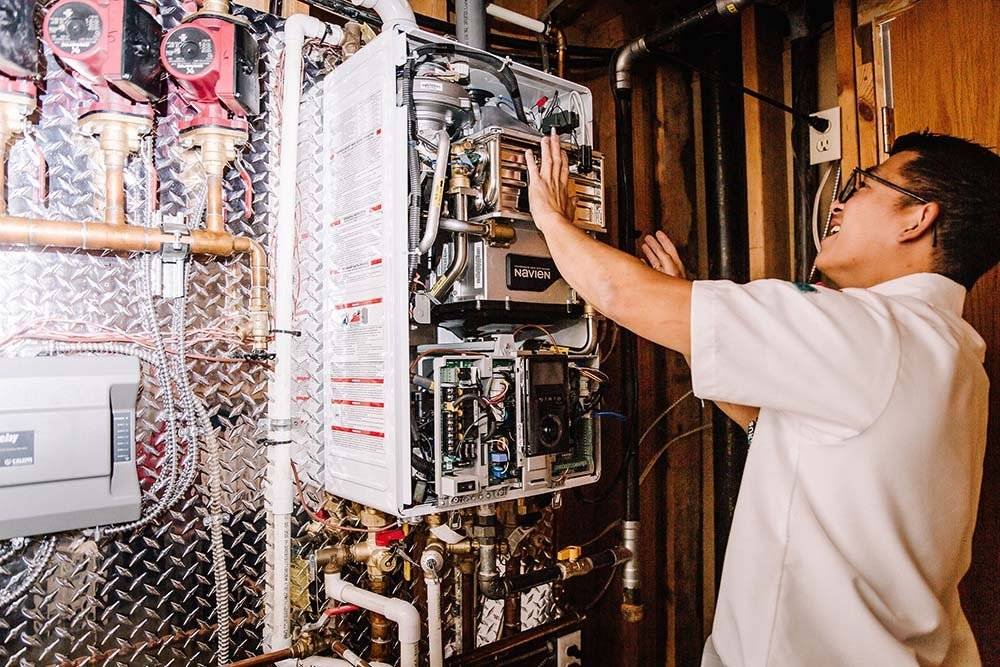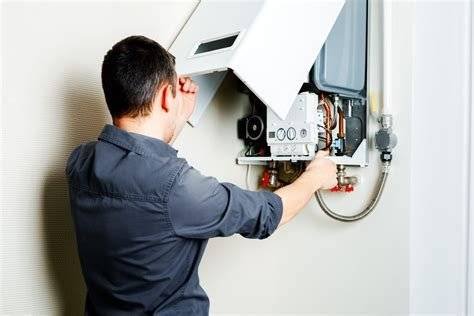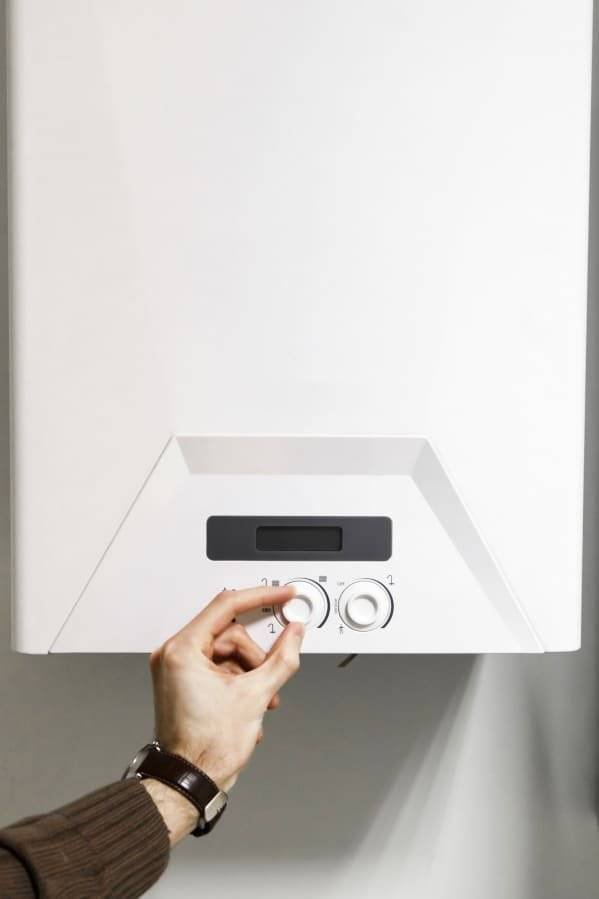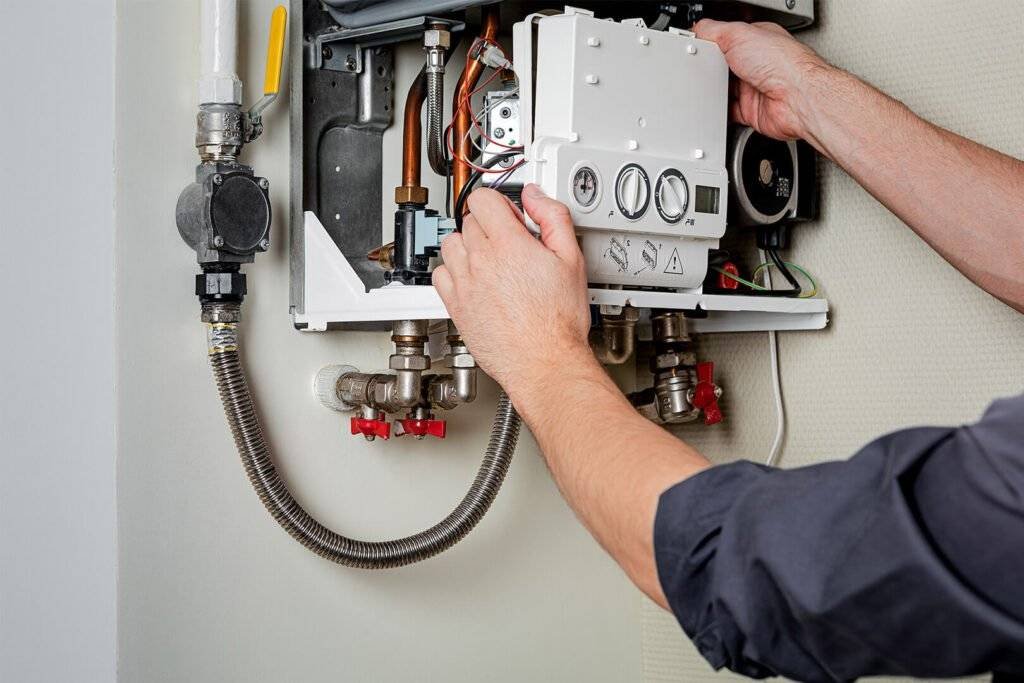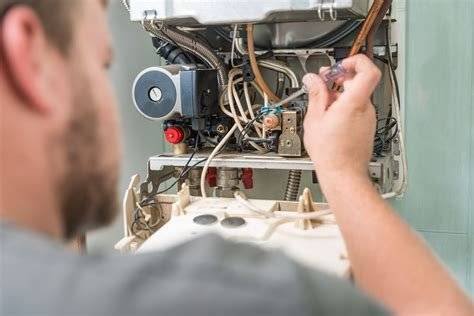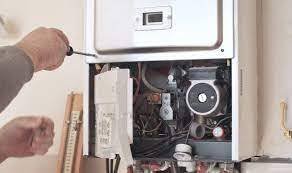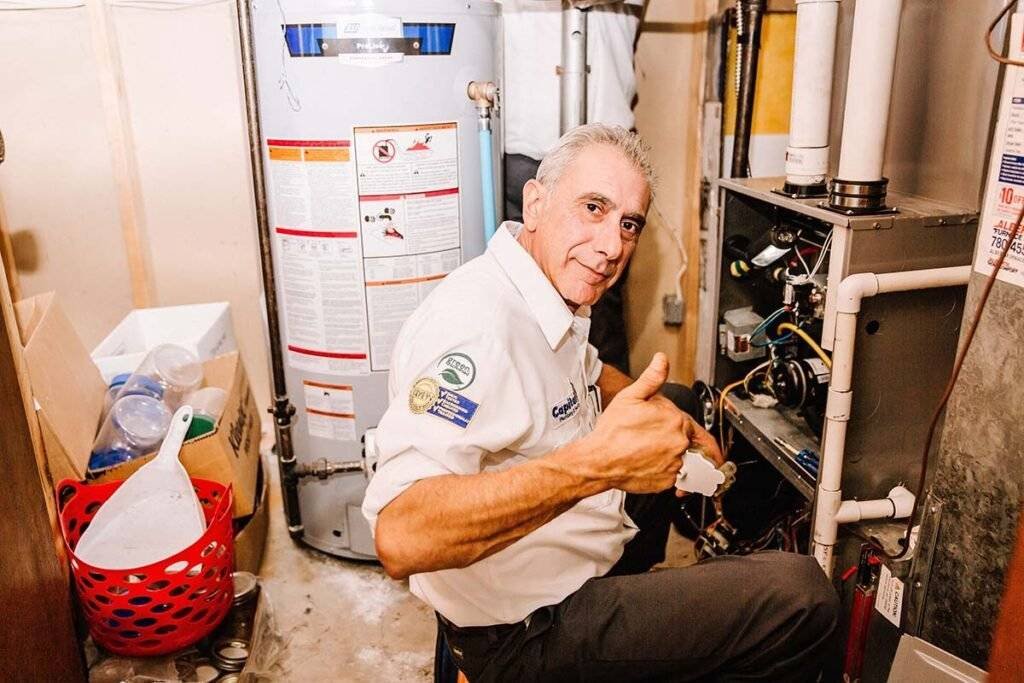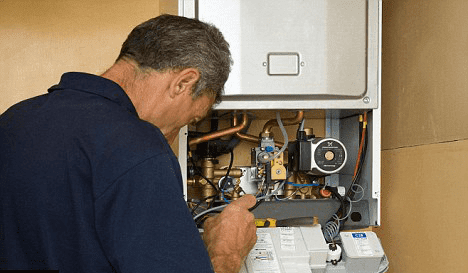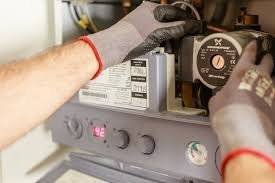Furnace Installation Lamont - Your Dependable Heating Experts
Furnace Pros Plus is your trusted partner for all your heating needs. With years of experience, we concentrate on providing first-class heating options to keep your home warm and comfortable. Our team of knowledgeable technicians dedicate themselves to offering specialist heating system installation, upkeep, and repair services. We comprehend the significance of an appropriately functioning heating system, particularly throughout the chillier months. We focus on performance, cost, and client complete satisfaction in every job (big or little). Whether you require a new heating system, a regular check-up, or emergency repair work, count on Furnace Pros Plus for reliable and efficient heating services that ensure peace of mind and convenience.
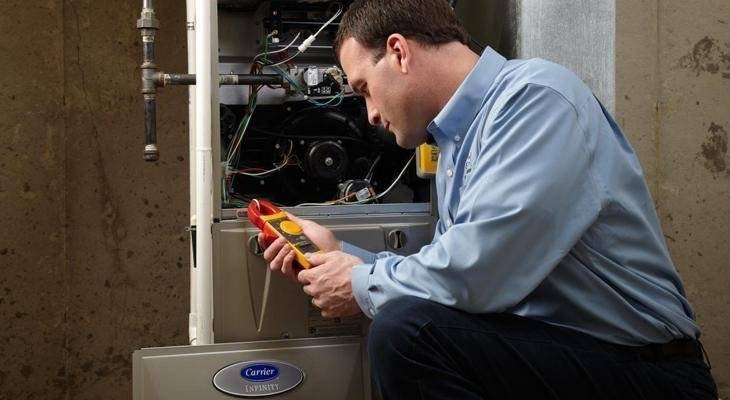
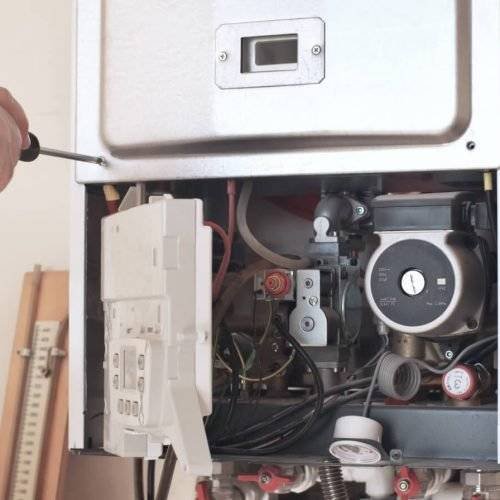
Who Are We?
Residential Furnace Replacements and Repairs
Furnace Pros Plus stands out as the top heating system installation and repair business in Lamont, Alberta, thanks to its unrivaled commitment to quality, customer care, and competence. With years of experience in the heating and cooling industry, Furnace Pros Plus has developed a reputation for providing trusted and efficient services customized to the distinct environment and requirements of Lamont locals.
The company’s commitment to quality begins with its team of licensed experts. Each HVAC technician is not just extremely experienced and well-informed about the current heating system technology but likewise dedicated to continuous training and advancement. This guarantees that every installation or repair is performed with the utmost precision and current strategies, guaranteeing exceptional efficiency and longevity of your furnace.
Furnace Pros Plus understands the significance of a well-functioning heating system, particularly throughout the extreme Lamont winter seasons. That’s why they provide a fast response to ensure that any heating system emergency is dealt with immediately and efficiently, reducing discomfort and potential dangers. Their 24/7 schedule is a testimony to their commitment to client complete satisfaction and safety.
Additionally, Furnace Pros Plus uses just the highest quality products and products in all their installations and repair work. By partnering with leading makers, they ensure that every element of your heating system is durable and efficient, offering ideal heating and minimizing energy expenses. This commitment to quality, extends the life of the heating system, offering more value for the investment.
In addition to their technical competence, Furnace Pros Plus excels in customer care. They focus on clear interaction, offering in-depth consultations and transparent pricing without surprise costs. Their individualized method implies that every service is customized to the specific requirements and budget of their customers, ensuring that you feel valued and satisfied with every interaction.
For these factors and more, Furnace Pros Plus is the top choice for homeowners requiring heating system installation and repair services in Lamont, showing an unequalled blend of quality, competence, and customer-focused service.
How can we help you?
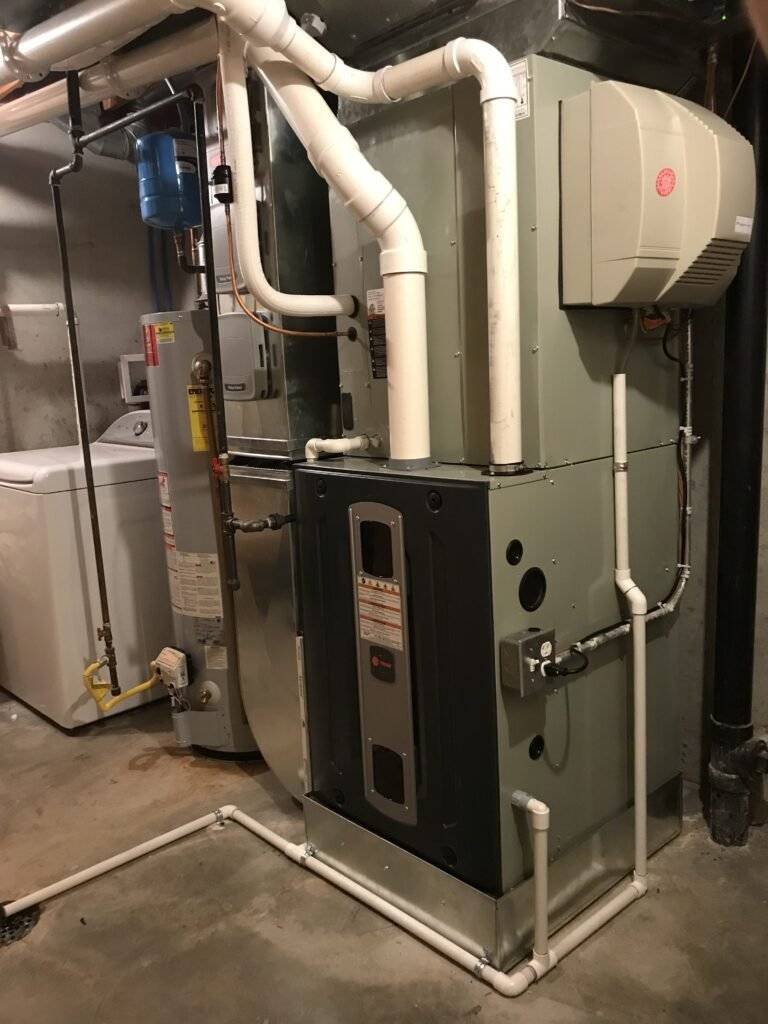
Understanding the Expense of Installing a New Furnace
Intro
A working heating system is necessary when it pertains to maintaining a comfy and warm home throughout the chillier months. However, there comes a time when installing a new heating system is unavoidable.
Understanding the expenses involved in this procedure is essential for property owners to strategy and budget accordingly. This detailed guide checks out the different aspects affecting the cost of installing a new heating system.
Factors Influencing Heater Setup Expenses
Type of Heater:
- Gas Furnaces: Popular for their performance, they typically cost more upfront but provide lower operating costs.
- Electric Furnaces: They are less costly than gas heaters. However, electric models tend to have higher operational expenses due to electrical power prices.
- Oil Furnaces: These are less common and can be more expensive due to the cost of oil.
Heater Size and Capability
- Square Footage: The size of your home directly impacts the capability needed for the heating system.
- BTU Score: Greater BTU ratings relate to more powerful heaters, which can increase the cost.
Performance Scores
Annual Fuel Utilization Performance (AFUE):
Greater AFUE ratings suggest much better performance but likewise come with a higher price tag.
Brand and Quality
Top-tier brand names often command higher prices due to their reputation for quality and longevity.
Installation Complexity
- Existing System: Upgrading from an old system may need extra work and cost.
- Ductwork: The condition and layout of existing ductwork can impact installation complexity.
- Accessibility: Difficult access to the installation site can increase labour expenses.
Labour Expenses
Labour expenses differ by area. In addition, the complexity of the installation can affect labour expenses.
Additional Expenses to Think About
- Permits: Some regions need authorizations for heating system installation.
- Inspections: City laws may need post-installation evaluations for safety compliance.
- Thermostats: Upgrading to a wise thermostat can incur extra expenses.
Average Expense of Heater Replacement
While prices can differ widely based on the aspects discussed above, here are some average cost ranges for heating system installation:
- Gas Furnaces: $2,000 to $5,000.
- Electric Furnaces: $1,000 to $2,500.
- Oil Furnaces: $2,500 to $6,000.
These are rough price quotes and can differ based on specific home requirements.
Cost-Saving Tips.
Research study and Compare.
Obtain multiple quotes from different professionals to ensure competitive pricing.
Look For Rebates and Rewards.
Search for energy performance rebates offered by utility business or government programs.
Think About Long-Term Savings.
Purchasing a more efficient heating system can lower energy bills in time.
Conclusion
Installing a new heating system is a significant investment, and understanding the expenses involved is necessary for any property owner. By thinking about the kind of heating system, installation complexity, labour expenses, and extra expenses, property owners can much better prepare for this necessary upgrade. Keep in mind to look for multiple quotes, explore readily available rebates, and consider long-lasting energy savings when deciding.
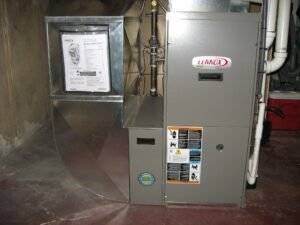
The Right Size Heater for Your Home: A Comprehensive Overview
Intro
Choosing the best size heating system for your home is essential for ensuring efficient heating and convenience throughout the chillier months. A heater that’s too little will not keep your home warm, while one that’s too big can trigger unneeded energy consumption and irregular heating. This guide will assist you identify the perfect heating system size for your home.
Understanding Heater Sizing: BTU and Performance
We determine the size of a heating system in British Thermal Systems (BTU). One BTU is the energy needed to raise the temperature of one pound of water by one degree Fahrenheit. When picking a heating system, two crucial aspects play a role: the BTU ranking, indicating the heating system’s heating capability, and its performance ranking, determined in Annual Fuel Utilization Performance (AFUE).
Determining Your Home’s Heating Needs
You should calculate your home’s heating needs to identify the right heating system size. The estimation thinks about aspects like square video footage, environment zone, insulation quality, window type, and home layout. Generally, you require roughly 30-60 BTUs per square foot. However, this varies based on your home’s specific characteristics.
Climate Zone and Its Influence On Heater Size
Your geographic place significantly affects the heating system size required. Residences in chillier regions, such as [place], need more BTUs per square foot than those in milder climates. Speak with a heating specialist for specific recommendations.
The Role of Home Insulation in Heater Sizing
Good insulation minimizes the quantity of heat loss, indicating you can go with a smaller heating system. Assess your home’s insulation in the walls, attic, and windows. Upgrading insulation can be a cost-efficient method to reduce heating requirements.
Considerations for Various Kinds Of Furnaces
There are different kinds of heaters, like gas, electric, and oil. Each type has distinct sizing factors to consider. Gas heaters prevail and efficient, electric heaters are more uncomplicated and safer but often more expensive to run, and professionals set up oil heaters where natural gas isn’t readily available.
Importance of Specialist HVAC Assessment
An expert heating and cooling assessment is indispensable. Technicians consider all variables, consisting of ductwork and home layout, to recommend the ideal heating system size. They can perform a Manual J estimation, the industry standard for identifying heating and cooling loads.
Energy Performance and Cost-Effectiveness
Choosing a heating system with a high AFUE ranking is essential for energy performance and cost savings. Modern heaters have AFUE ratings in between 80% and 98%, indicating the percentage of fuel converted into heating. While high-efficiency heaters are more expensive upfront, they can result in significant savings in the long run.
Dealing With Typical Misconceptions About Heater Sizing
A typical misunderstanding is that a bigger heating system is always much better. However, an oversized heating system can result in short cycling, where the heating system often turns on and off, minimizing performance and life-span. On the other hand, a small heating system struggles to heat your home adequately.
Long-Term Benefits of the Right-Sized Heater
Picking the right-sized heating system has long-lasting benefits, consisting of consistent convenience, lower energy bills, lowered carbon footprint, and less upkeep problems. It’s a balance in between upfront expenses and long-lasting savings.
Conclusion: Making an Educated Decision
Choosing the best size heating system is a choice that impacts your home’s convenience and energy performance for several years to come. By understanding the essentials of heating system sizing and looking for expert assistance, you can make an educated choice that guarantees ideal heating for your home.
Keep in mind, the secret to an efficient and comfortable home depend on picking the best heating system and regular upkeep and thinking about other aspects like insulation and environment. With this detailed guide, you are fully equipped to choose the best heating system for your home, offering warmth and convenience for lots of winter seasons.
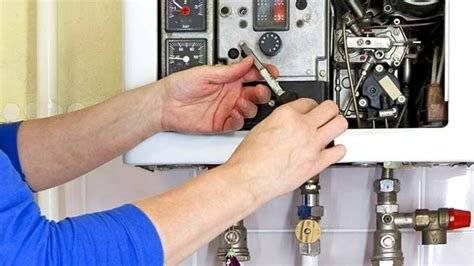
Replace or Repair Heater: A Global Overview
Intro
Choosing whether to replace or fix your heating system is a significant choice for any property owner. The choice impacts your immediate convenience and safety and has long-lasting monetary implications. This detailed guide will explore different elements to consider, helping you make a notified choice.
Understanding Your Heater
Lifespan and Types
Furnaces typically have a life-span of 15-20 years. The two main types are gas and electric, each with different upkeep and operational expenses.
Signs of Trouble
Typical indications that your heating system may require attention consist of unusual noises, inconsistent heating, and increased energy bills.
When to Think About Fixing Your Heater
Repair is often the best choice for small problems or heaters that are fairly brand-new and still under service warranty.
Cost-Effectiveness
Fixing can be more affordable for small problems. However, regular repair work may suggest a deeper problem.
Environmental Impact
Repair work often have a lower environmental impact than replacing the entire system.
When Replacement is the Best Option
You must consider replacement if your heating system is near the end of its life-span, repair work are ending up being increasingly expensive, or if it could be more energy efficient.
Long-term Expense Savings
While the preliminary cost is higher, a new heating system can be more energy-efficient, conserving you cash on energy bills.
Technological Advancements
More recent models come with innovative technology, such as wise thermostats, which provide much better temperature control and performance.
Weighing Your Alternatives
Expense Analysis
Compare the cost of repair work in time versus the one-time expense of a new heating system.
Energy Performance
Assess how your present heating system’s performance is affecting your energy bills.
Home Value
Think about how a new heating system may increase the value of your home, particularly if you plan to sell in the future.
Expert Advice
Looking For Expert Opinion
Talk to HVAC experts to examine the state of your present heating system and get price quotes for repair and replacement.
Importance of Regular Maintenance
Regular upkeep can extend the life of your heating system, whether you decide to fix or replace it.
Conclusion
In conclusion, deciding to fix or replace your heating system depends on different aspects, consisting of age, condition, cost, and energy performance. By thinking about these aspects and looking for expert recommendations, you can make a decision that guarantees convenience, safety, and monetary vigilance for your home.
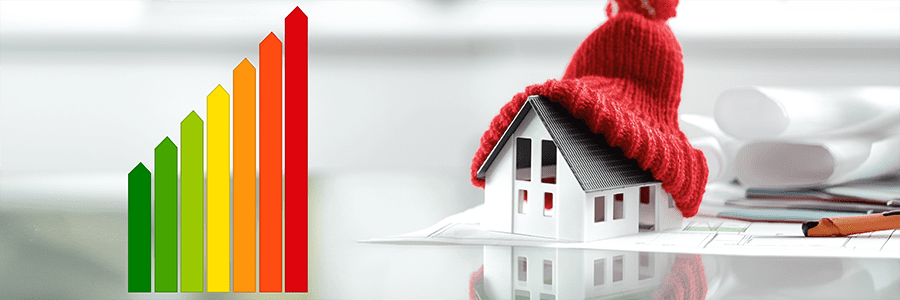
What Season is the Cheapest to Change The Heater?
Will a New Energy-Efficient Heater Reduce Your Home Insurance Coverage?
Intro
Home upkeep can be a significant investment, particularly when it includes essential systems like heating. Among the most considerable expenses property owners face is replacing their heating system. However, timing this replacement can result in significant savings. This post checks out the best time of year to replace your heating system, thinking about cost-effectiveness and practicality.
Understanding Heater Replacements
The Need for Replacement
Before delving into timing, it’s essential to comprehend why and when you must replace your heating system. Typical signs consist of regular repair work, heating inefficiency, and the system’s age (typically beyond 15-20 years). Replacing an outdated or malfunctioning heating system enhances heating performance and guarantees safety and convenience throughout chillier months.
Factors Influencing Heater Rates
Several aspects impact heating system prices, consisting of the kind of heating system, brand, capability, and the complexity of installation. Seasonal demand is another significant element, often neglected, yet it plays an essential function in identifying the cost.
Finest Time for Replacement: Off-Season
Why Pick Off-Season?
The off-season, mainly spring and early fall, is normally the least expensive to replace a heating system. The demand for heater is lower throughout these durations than throughout the peak cold weather. Lower demand often causes more competitive pricing from makers and installers.
Benefits of Off-Season Replacement
- Lower Expenses: Reduced demand can result in discounts and more customer negotiating power.
- Schedule of Technicians: heating and cooling technicians are less busy throughout these times, ensuring more flexible scheduling and quicker installation.
- Sufficient Time for Research study: The off-season provides property owners adequate time to research different heating system models and alternatives without the pressure of immediate requirement.
Planning Ahead
Utilizing the off-season requires planning. Anticipate the requirement for replacement and schedule it when the demand is low. This foresight saves cash and prevents the trouble of a heating system breaking down in the middle of winter.
Winter: The Peak Season
Difficulties of Winter Season Replacement
- Greater Rates: The demand for heating system installation and repair peaks throughout winter, causing higher prices.
- Hectic Schedules: Finding a specialist might be more tough, and you may need to wait longer for a visit.
- Emergency situation Replacements: If your heating system breaks down in winter, you may need to go with an instant replacement, which leaves little room for cost comparison or settlement.
Other Considerations
Energy Performance and Rebates
Purchasing energy-efficient models might be more expensive upfront but can result in long-lasting savings. Likewise, watch out for rebates and tax credits offered for energy-efficient home improvements.
Importance of Regular Maintenance
Regular upkeep can prolong the life of your heating system, delaying the requirement for replacement. It’s a necessary element of home care that you must pay attention to.
Conclusion
Timing your heating system replacement can result in significant savings. The off-season, particularly spring and early fall, is typically the most affordable period for this investment. Planning, thinking about energy performance, and maintaining your present heating system can optimize expenses and ensure a warm, comfortable home.
Intro
House owners often ponder whether upgrading their home devices and systems can result in savings on their home insurance premiums. One common concern is whether installing a new heating system reduces home insurance expenses. This post delves into how a new heating system installation may impact your home insurance, providing insights into insurance coverage, danger management, and potential savings.
Understanding Home Insurance Coverage Premiums
Before diving into the specifics of heaters and insurance, it’s essential to comprehend what aspects affect home insurance premiums. Insurance provider examine different aspects, consisting of:
- Residential Or Commercial Property Age and Condition: Insurance coverage Representatives view more recent homes with upgraded systems as lower dangers.
- Location: Geographic place and local environment can significantly impact insurance rates.
- Security Functions: The presence of alarms, smoke alarm, and other safety devices can lower premiums.
The Impact of a New Heater on Home Insurance Coverage
Installing a new heating system in your house can have numerous implications for your home insurance:
- Reduced Danger of Fire and Gas Leaks: Modern heaters with innovative safety functions decrease dangers like fire or gas leaks. This danger decrease can be beneficial in the eyes of insurance suppliers.
- Improved Energy Performance: Newer heaters are often more energy-efficient, causing lower utility expenses and a minimized environmental footprint, indirectly impacting insurance factors to consider.
- Boosted Home Value: Upgrading to a new heating system can increase your home’s market price, which may impact the protection you require.
Prospective Insurance Coverage Discounts
Some insurance companies provide discounts for home improvements that reduce danger. These may consist of:
- Protective Gadget Discounts: You may receive a discount rate if your brand-new heating system consists of innovative safety functions.
- Green Home Discounts: Some insurers supply unique discounts for installing energy-efficient devices.
Paperwork and Appraisal
To take advantage of a new heating system installation for insurance benefits, consider the following:
- Expert Setup: Make sure a licensed expert installs your heating system, which can be a requirement for insurance benefits.
- Keep Records: Preserve all invoices and documentation for the heating system purchase and installation.
- Notify Your Insurance Provider: Alert your insurer about the upgrade. They may need an evaluation or extra documentation.
Considerations Before Upgrading
While a new heating system can provide benefits, consider the following:
- Expense vs. Benefit Analysis: Examine if the long-lasting savings on insurance and energy bills validate the preliminary cost of a new heating system.
- Insurance Policy Evaluation: Talk with your insurance representative to comprehend how a new heating system may specifically impact your policy.
Conclusion
Upgrading to a new heating system can lower your home insurance premiums by minimizing danger and enhancing your home’s safety and performance. However, the impact varies based on individual insurance coverage and the specific functions of the heating system. It’s advisable to speak with your insurance service provider to comprehend the full benefits and implications of a new heating system installation.
FAQs
Q: Just how much can I minimize my home insurance by installing a new heating system?
A: Cost savings differ based on the insurance service provider and the specific functions of the brand-new heating system. Talk to your insurance representative for in-depth details.
Q: Exist any specific kinds of heaters that are more beneficial for insurance discounts?
A: Furnaces with innovative safety functions, high energy performance ratings, and those that fulfill specific environmental standards are often more beneficial.
How to Get ready for a Heating System Installation
Installing a new heating system in your house is a significant investment and a necessary upgrade to your living space. It boosts the convenience of your home and enhances energy performance. Correct installation preparation is essential to ensure the installation procedure is smooth and hassle-free. This post will direct you through the necessary steps to prepare for a heating system installation.
Understanding Your Heating Needs
Assessing Your Area: The initial step is to examine the size of your space and comprehend the heating requirements. A too-large or too-small heating system for your home can result in inefficiency and higher energy expenses. Consulting with a heating expert to identify the best heating system size is vital.
Choosing the Right Heater: There are different heaters, consisting of gas, electric, and oil. Each has advantages and disadvantages; the choice depends on your place, budget, and personal preference. Research study and speak with experts to make a notified choice.
Pre-Installation Preparation
Picking a Qualified Installer: We can not overstate the significance of picking a certified and experienced installer. Search for experts with great reviews and proper certification. They will ensure an appropriate installation and guide you through the procedure.
Cleaning the Area: Make sure the area where you plan to set up the heating system is clear of any mess. A tidy area offers easy access to the installation team and accelerate the procedure. Eliminate any important or delicate products from the vicinity to prevent unintentional damage.
Getting ready for Downtime: Depending on the complexity of the installation, your heating system may be down for a couple of hours to a day. Plan accordingly, particularly if the installation is throughout chillier months.
During Setup
Access to Your Home: Make sure the installers have easy access to your home, that includes ensuring that parking is readily available and a clear path to the heating system place.
Communication: Stay readily available to address any concerns the installers may have. Clear interaction can assist resolve any problems rapidly and guarantee your installation goes as prepared.
Post-Installation Checks
Inspect the Setup: Once the installation is complete, examine the work with the installer. Make sure that the installation is complete and that the area is clean.
Understanding the System: Have the installer discuss the performance of the brand-new heating system, consisting of how to alter filters and the fundamental troubleshooting steps.
Service warranty and Paperwork: Ensure you receive all necessary documentation, consisting of service warranty details and operating handbooks. Keep these files in a safe place for future reference.
Conclusion
Getting ready for a heating system installation includes understanding your heating needs, picking the best heating system, and picking a certified installer. By following these steps, you can ensure a hassle-free installation procedure and delight in the convenience and performance of your brand-new heating system for several years to come. Keep in mind, a little preparation goes a long way in ensuring a smooth and successful heating system installation.
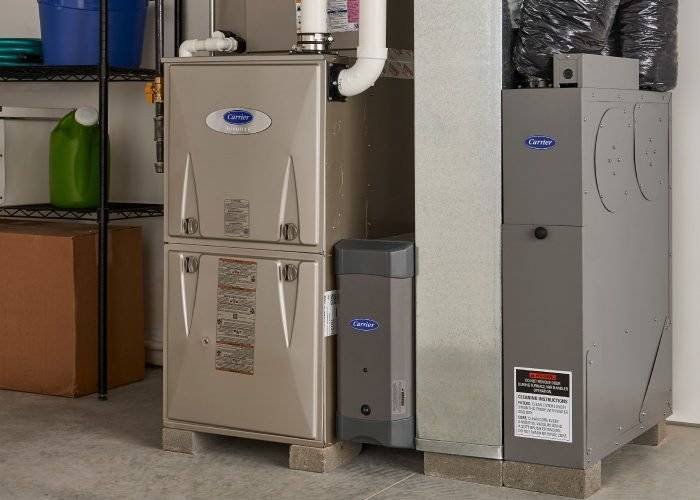
Our Work
